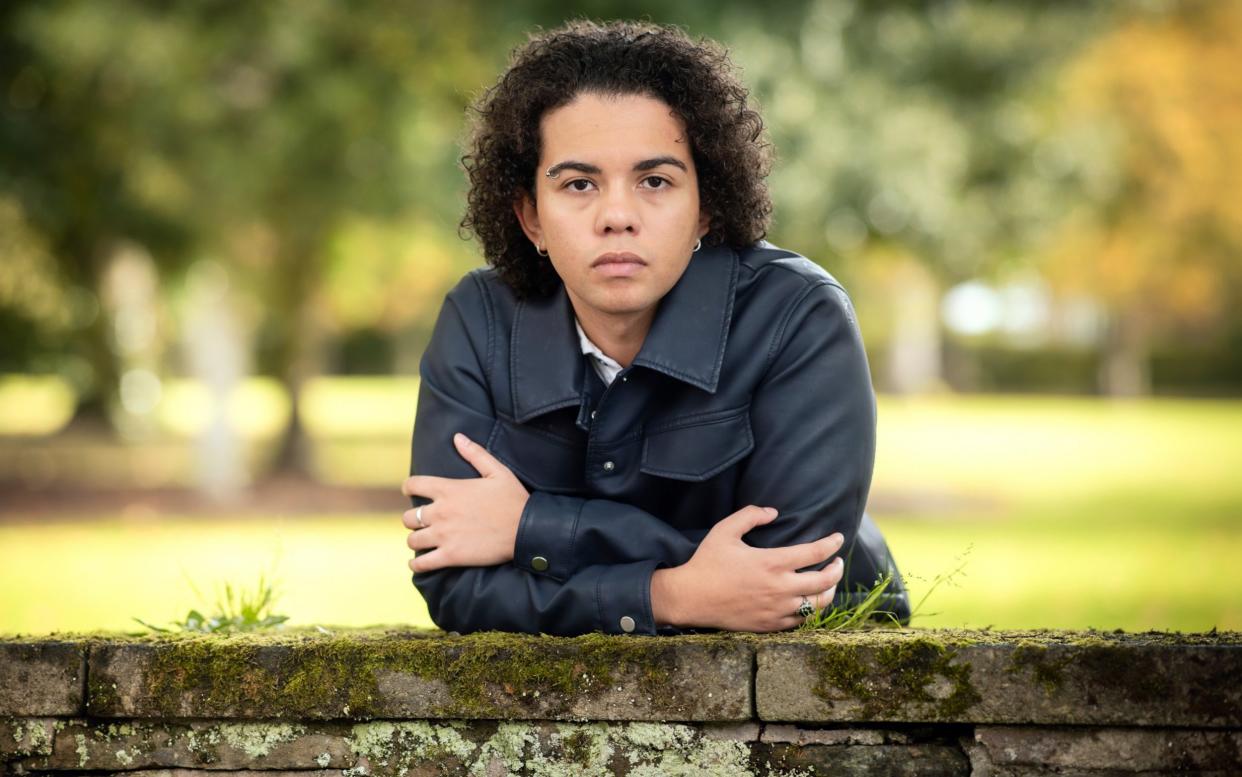Children will need court order before they can legally take puberty blockers, NHS confirms

Children suffering with gender dysphoria will now need a court order before they are legally allowed to take puberty blockers, the NHS has confirmed.
The new guidelines were announced following a landmark High Court ruling on Tuesday in which judges said trans children should not receive the controversial drugs unless they understand the "long-term risks and consequences" of them, amid warnings it is "highly unlikely" that most teenagers could consent to this process.
On Tuesday night, the NHS updated its guidance to reflect the judgment, meaning "no-one under the age of 16 can now be referred for puberty blockers unless a court rules it is in the child's best interests".
The Tavistock and Portman NHS Trust, which runs the UK's only gender identity development service for children, immediately suspended new referrals for puberty blockers and cross-sex hormones for the under-16s.
The ruling prompted lawyers to warn that the "floodgates could be opened" on retrospective claims of clinical negligence and hundreds of transgender children could sue, arguing that they were unable to consent to the transitioning process when they began taking puberty blockers.
The landmark case was brought against the Trust by Keira Bell, a 23-year-old woman who began taking puberty blockers before "de-transitioning". She said the clinic should have challenged her more over her decision to transition to a male when she was 16.
It was also brought by a woman who can only legally be identified as "Mrs A", the mother of a 15-year-old autistic girl who is currently on the waiting list for treatment.
At a hearing in October, their lawyers said children going through puberty are "not capable of properly understanding the nature and effects of hormone blockers".
They argued there is "a very high likelihood" that children who start taking hormone blockers will later begin taking cross-sex hormones, which they say cause "irreversible changes", and that the NHS Trust offers "fairytale" promises to children because they are unable to give their consent to the sex-change process.
However, in the judgment handed down on Tuesday Dame Victoria Sharp, sitting with Lord Justice Lewis and Mrs Justice Lieven, said children under 16 needed to understand "the immediate and long-term consequences of the treatment" to be able to consent to the use of puberty blockers.
The judges said: "It is highly unlikely that a child aged 13 or under would be competent to give consent to the administration of puberty blockers. It is doubtful that a child aged 14 or 15 could understand and weigh the long-term risks and consequences of the administration of puberty blockers."
During the High Court hearing in October, the Trust – as well as University College London Hospitals NHS Foundation Trust and Leeds Teaching Hospital NHS Trust, to which Tavistock refers children and young people experiencing gender dysphoria – argued that taking puberty blockers and later cross-sex hormones were entirely separate stages of treatment.
However, the judges concluded: "It is said… the child needs only to understand the implications of taking puberty blockers alone... in our view this does not reflect the reality. The evidence shows that the vast majority of children who take puberty blockers move on to take cross-sex hormones."
The judgment said both treatments were "two stages of one clinical pathway, and once on that pathway it is extremely rare for a child to get off it".
Speaking outside the Royal Courts of Justice after the ruling, Ms Bell said she was "delighted" with the result, adding that "common sense has prevailed". "This judgment is not political," she said. "It's about protecting vulnerable children."
A statement was also read on behalf of her fellow claimant, "Mrs A", which said she was "relieved".
Their solicitor, Paul Conrathe, said the ruling was "an historic judgment that protects children who suffer from gender dysphoria", adding that "a culture of unreality has become embedded in the Tavistock" which "may have led to hundreds of children receiving this experimental treatment without their properly informed consent".
Mr Conrathe said "Christmas has come early if you're a medical negligence lawyer. There are probably hundreds of children that could be suing the Tavistock on the grounds of this judgment."
A spokesman for the Tavistock and Portman NHS Foundation Trust said it was "disappointed" by the judgment, which it said was likely to cause anxiety for patients and their families. The Trust confirmed it has paused all new referrals and that it would seek permission to appeal.
Following the ruling, an NHS England spokesman said: "We welcome the clarity which the court's decision brings. The Tavistock have immediately suspended new referrals for puberty blockers and cross-sex hormones for the under-16s, which in future will only be permitted where a court specifically authorises it."
Lui Asquith, of the trans children's charity Mermaids, said the ruling was a "devastating blow for trans young people across the country" and signified "a new era of discrimination", adding: "We believe very strongly that every young person has the right to make their own decisions about their body and that should not differ because somebody is trans.
"The court on Tuesday has decided to treat trans young people differently to every other child in the country."

 Yahoo News
Yahoo News 
